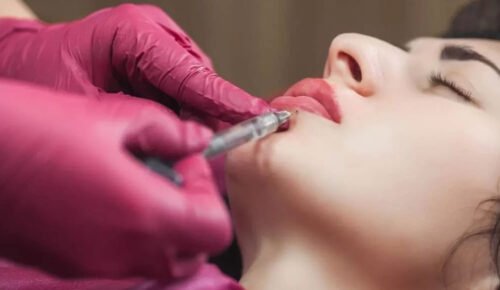Addiction is a multifaceted challenge that affects not only the individual struggling with substance use but also the entire family. Recovery is a journey that requires comprehensive support, and family therapy has emerged as a powerful tool in this process. Engaging family members in therapy increases the chances of successful recovery significantly. We will explore how family therapy fosters communication, addresses underlying issues, and promotes long-term healing for all involved at Pacific Ridge for addiction treatment in Portland, OR. This comprehensive approach not only aids the person in recovery but also helps rebuild trust and relationships that may have been damaged by addiction.
The Role of Family Dynamics in Addiction
Family dynamics play a crucial role in the development and maintenance of addiction. Often, dysfunctional family interactions, such as enabling behaviors, poor communication, and unresolved conflicts, contribute to the perpetuation of substance use. In some cases, addiction can be a symptom of deeper issues within the family unit, such as trauma, abuse, or mental health challenges. Without addressing these underlying issues, recovery may be incomplete or short-lived. Family therapy provides a structured environment for exploring and addressing these dynamics. It allows family members to understand their roles in the addiction process, whether as enablers, codependents, or sources of emotional support. By bringing these issues to light, family therapy helps to dismantle harmful patterns and replace them with healthier ways of interacting. This supports the individual in recovery and strengthens the family as a whole, creating a more supportive environment for long-term sobriety.
Rebuilding Trust and Communication Through Family Therapy
One of the most significant impacts of addiction is the erosion of trust within the family. Lies, deceit, and broken promises often characterize relationships when addiction is involved. This breakdown in trust can make recovery difficult, as the individual may feel isolated and unsupported. Family therapy focuses on rebuilding this trust through open, honest communication. Family members can express their feelings, fears, and concerns in a safe and controlled environment in therapy sessions. This process helps to clear up misunderstandings and allows for airing grievances that may have been festering for years. By facilitating these problematic conversations, family therapy helps to repair the bonds that have been damaged by addiction. Moreover, it teaches family members effective communication skills that can be used outside of therapy, ensuring that progress in sessions continues in everyday life. This renewed trust and improved communication are essential for the long-term success of the recovery process, as they create a supportive network that the individual can rely on during challenging times.
Addressing Co-Occurring Issues in Family Therapy
Addiction rarely exists in a vacuum; it often co-occurs with other issues, such as mental health disorders, trauma, or relational conflicts. Family therapy is uniquely equipped to address these co-occurring issues, making it an integral part of recovery. For instance, if a family member is struggling with depression or anxiety, these issues can be addressed within the context of family therapy. This holistic approach ensures that all aspects of the individual’s life are considered in their recovery rather than focusing solely on the addiction. By addressing these co-occurring issues, family therapy helps to create a more stable and supportive environment for recovery. It also reduces the risk of relapse, as the underlying issues that may have contributed to the addiction are dealt with comprehensively. This approach benefits the individual in recovery and improves the overall mental health and well-being of the entire family, creating a more harmonious and balanced home environment.
Promoting Long-Term Recovery Through Family Support
Long-term recovery from addiction requires ongoing support, and family members often play a crucial role in providing this support. Family therapy helps to prepare the family for this role by equipping them with the tools and strategies needed to support their loved one in recovery. This includes setting healthy boundaries, recognizing signs of relapse, and knowing when to seek additional help. Family therapy also emphasizes the importance of self-care for family members, who may be at risk of burnout if they neglect their needs. Family members are better equipped to provide the support their loved one needs for successful recovery by taking care of themselves.
Furthermore, family therapy helps to foster a sense of unity and collective responsibility within the family, which is essential for long-term recovery. When the entire family is committed to the recovery process, the chances of success are significantly higher. This collective approach supports the individual in recovery and strengthens the family unit, creating a more resilient and supportive environment for everyone involved.
Family therapy is a powerful tool in the recovery process, offering a comprehensive approach that addresses the underlying dynamics contributing to addiction. Family therapy plays a crucial role in promoting long-term recovery by fostering communication, rebuilding trust, and addressing co-occurring issues. It equips family members with the tools they need to support their loved ones while also caring for their well-being. In essence, family therapy transforms the recovery journey into a collective effort where everyone plays a vital role in the healing process.


















